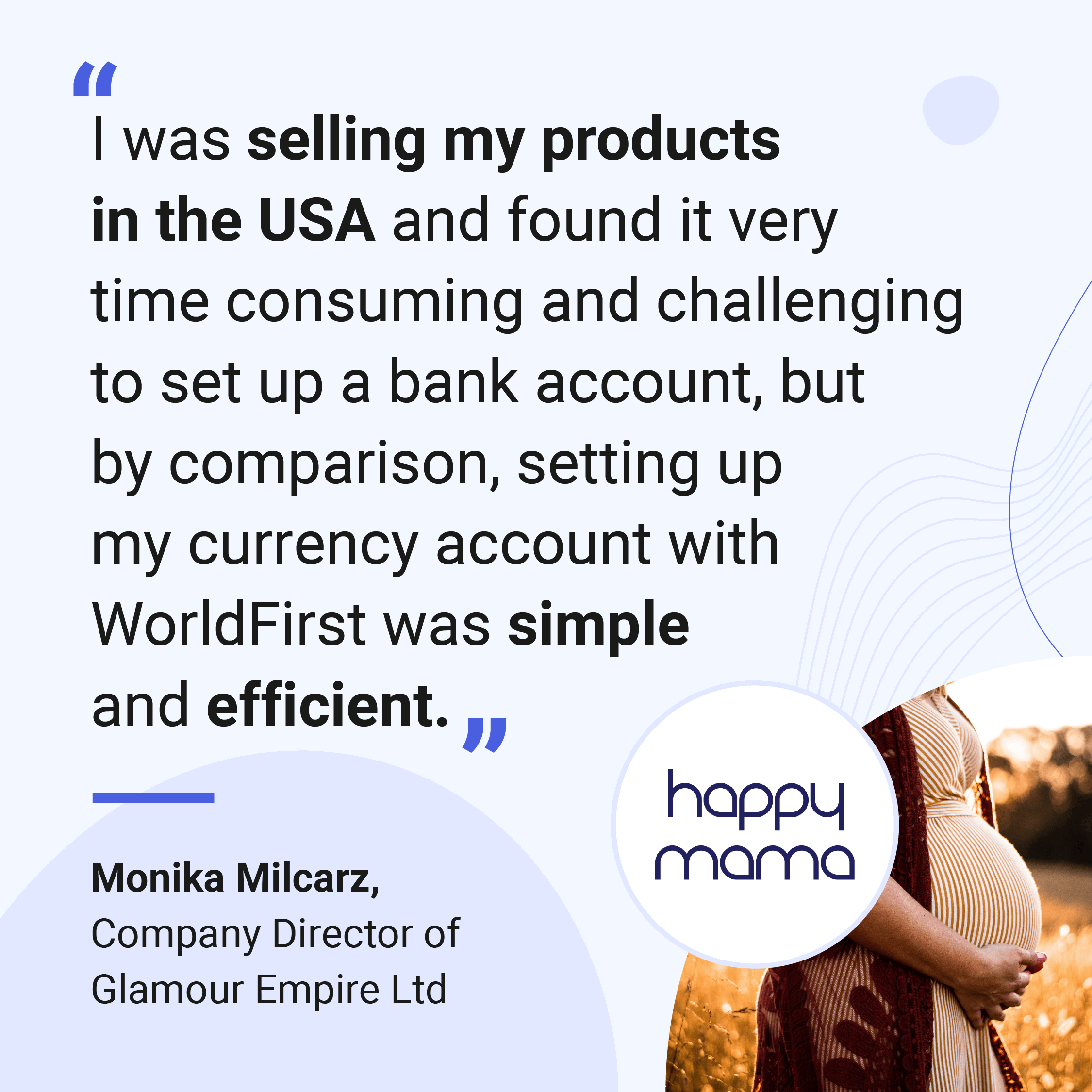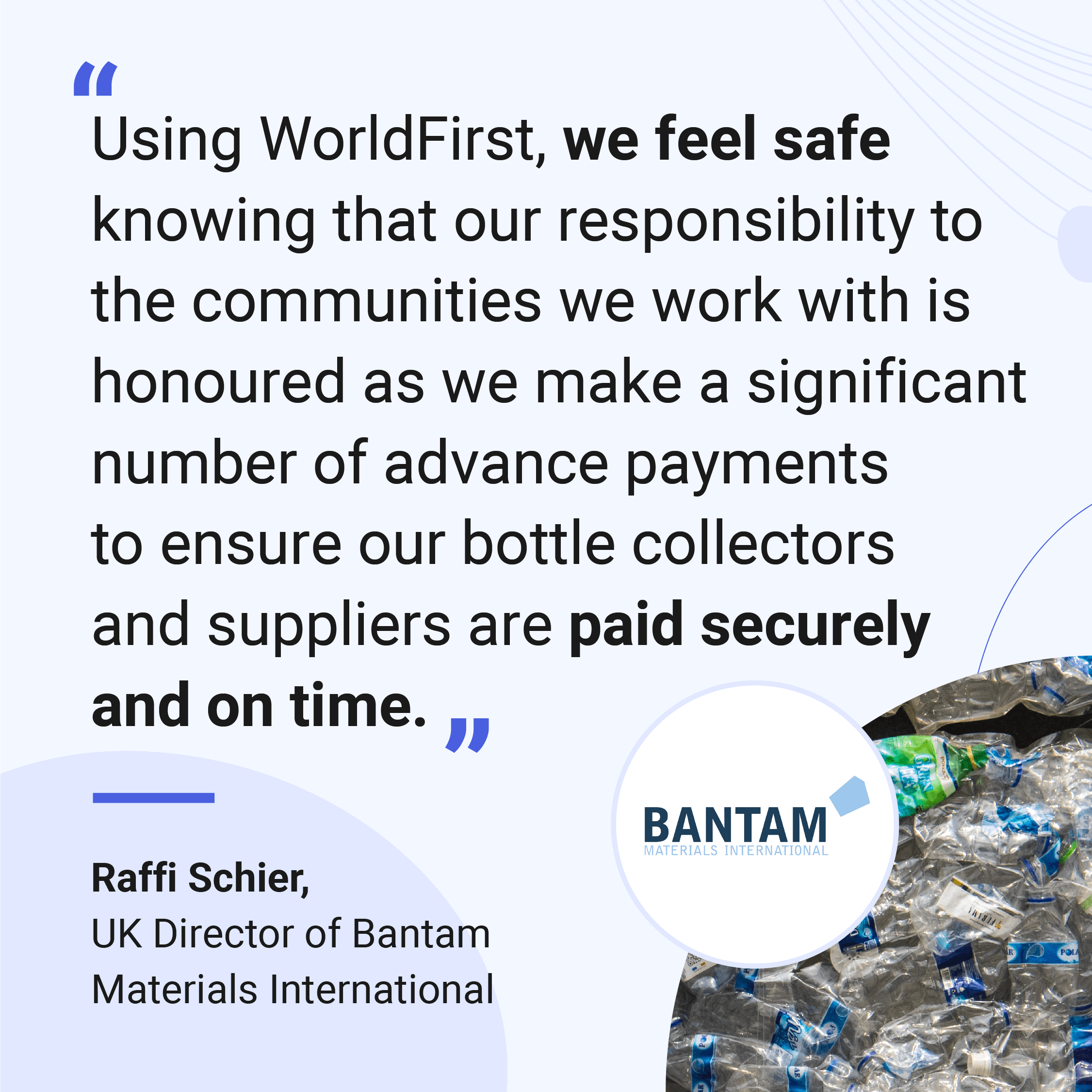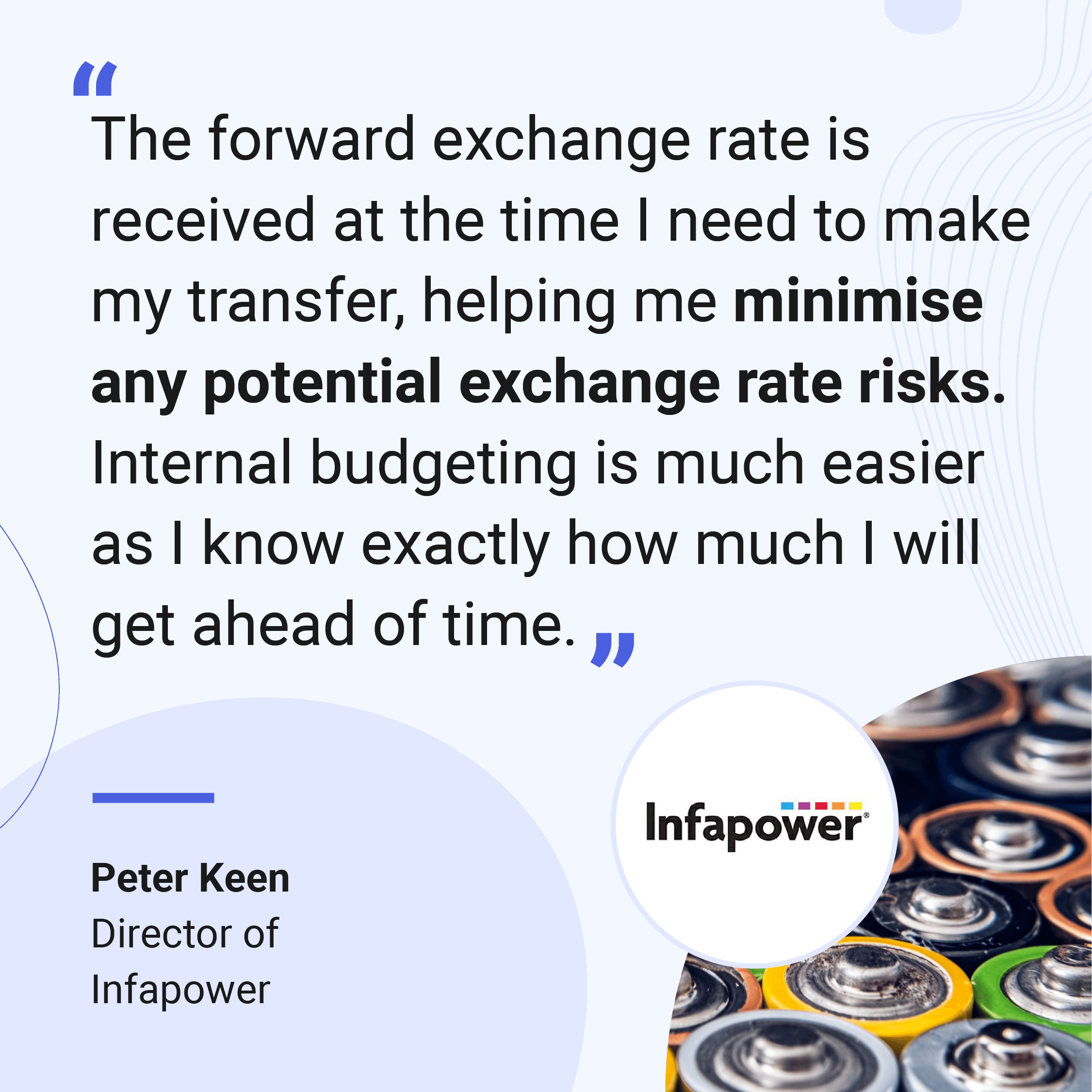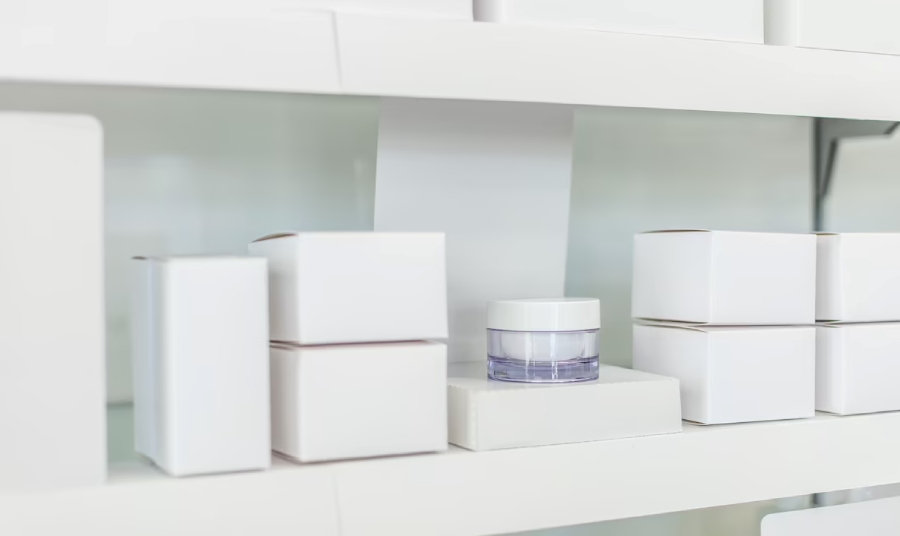
White label and private label goods make it easier for businesses to create brands from scratch, or to expand the number of products they sell at the drop of a hat. Both types of product are mass produced by manufacturers before being rebranded and resold — but they’re not the same thing.
We’ll begin this article with a high-level overview of white label vs private label, and then we’ll explore each term in more detail. After that, we’ll talk about how to find high-quality white label and private label products on Alibaba.com.
White label vs private label: what’s the difference?
White label and private label products are both re-branded before being sold — but that’s where the similarities end. Let’s find out more about each solution.
What is a white label product?
White label products are pre-manufactured items that companies can rebrand and sell on. The ‘white label’ moniker comes from white label promo vinyl records: records with white labels stuck onto them, which were rebranded for specific radio stations, or for promotional use.
The branding on today’s white label products doesn’t necessarily have to be white. Many manufacturers can produce coloured labels, print directly onto items or etch logos into metal or glass products. You don’t get to specify any of the product attributes beyond branding, though.
There are lots of reasons to choose white label products:
- Leave it to the experts: Your products are created by experienced manufacturers with all the necessary equipment on hand.
- Enjoy convenience and choice: You can select from a wide range of white label goods to suit your needs.
- Save money: Cutting out the manufacturing process could save your company a lot of money.
- Save time: Selecting from a list of pre-manufactured products, rather than designing your own products, will save you time.
- Boost your brand: Whenever you white label a new product, you make your brand more visible in the marketplace.
Sometimes, white labels products aren’t the right choice:
- Little design input: Buyers generally don’t take part in the white label product design process, so custom modifications are rare.
- Less control over the production process: You won’t have as much — or any — say in how your products are manufactured.
- A lack of exclusivity: Other marketplace sellers may resell the same product under a different brand name, making competition fierce.
White label example: You want to set up a specialist lighting store, but you don’t have the equipment or the budget to set up a lamp-manufacturing facility. You find a white label lighting supplier on Alibaba.com. They produce lamps, attach your branding and send you 3,000 units in a shipping container. You resell the lamps in your high street shop.
Open a World Account for free
- Open up to 15 local currency accounts, with local sort codes, account numbers and IBANs
- Collect secure payments from 130+ marketplaces, overseas buyers and payment processing gateways
- Pay suppliers, partners and staff in 40 currencies without hidden fees
- Pay and get paid easily with local bank details on your invoices
- Lock in conversion rates to manage your currency risk
What is a private label product?
Like white label products, private label products are made for you by external manufacturers. Private label products, however, are designed and made to your specifications. You maintain a level of control from design to production and beyond.
If you have an idea but you don’t have the means to mass produce your design, a private label arrangement could solve your production problem. Because suppliers have to modify machines to manufacture custom products, private label items usually come at a premium — and they’re usually sold in bulk.
Private label products come with a laundry list of perks:
- Bring your idea to life: Skilled manufacturers can use your prototype to create a production run.
- Total exclusivity: Your private label product is completely unique — nobody else in the marketplace sells what you sell.
- Control over production: You work in tandem with the manufacturer, approving materials, design schematics and product quality benchmarks.
- Boost your brand: your product is unique, so if it’s really good and your marketing strategy is sound, your brand will grow.
Before opting for a private label arrangement, consider the following drawbacks:
- You need an idea: You need a workable design, recipe or prototype to create a private label product.
- Lower profit margin: Private label products tend to carry lower profit margins than white label products because they cost more per unit than white label items.
- Longer time to market: More time spent on research and development means a longer time to market for most private label products.
Private label example: You’ve designed an amazing table lamp — and you have a prototype in hand. You don’t have the machinery to mass produce your lamp, however, so you partner with a private label manufacturer on Alibaba.com. After a period of research, development and quality testing, you approve a production run. Your lamps are sent to you and you sell them via your Amazon Marketplace store.
How to find white label and private label manufacturers on Alibaba.com
You’ve compared white label vs private label options and know which route you want to take. Now you need to find a manufacturer on Alibaba.com — but how can you be sure you’re making the right partnership decision?
Let’s break the sourcing process down, step by step, beginning with white label products:
1. Search for your white label product on Alibaba.com. Then, filter your
-
- Number of units sold
- Minimum order quantity
- Supplier type
- Supplier country
- Supplier certifications
2. Create a shortlist of potential winners, and look for third-party product verifications and manufacturer certifications. Read reviews to get an impression of the supplier.
3. Reach out to the suppliers on your shortlist. Share your brief with them, and ask them to explain their manufacturing processes.
4. Choose your favourite supplier, discuss timelines and payment terms, and request a product sample.
5. If the product sample you receive is high quality, move forward with a small-scale production run.
6. Receive your white label items and resell them via your e-commerce site, or your marketplace account.
The private label product procurement process is very similar to the white label sourcing process — with one key initial difference. Instead of committing to a pre-designed product, you liaise with the manufacturer and provide your own design or prototype.
Three top marketplace selling tips
The right marketing strategy can make you stand out from the crowd. Here are three top reselling tips to help you boost brand awareness — and your bottom line.
Tip 1: Vet your supplier
Do as much research about your production partner as possible before moving forward with a full-fledged production run. Find out more about Alibaba’s Trade Assurance policy in this guide. Look at product and company reviews, review your supplier’s ‘age’ on Alibaba.com and speak with a representative at length before you commit. Ask for a sample product, and don’t sign on the dotted line until you’re sure that the item will meet your needs.
Tip 2: Discuss your timeline well in advance
Long-term strategy is a vital part of e-commerce. Overseas manufacturers get very busy, and shipping containers can take weeks (or months) to arrive. In other words, if you plan to sell your products in the runup to Christmas, order them in July. If you run a summer seasonal business, sign white label or private label manufacturing contracts in January — at the very latest.
Tip 3: Take your own product photos
If you decide to rebrand white label products, you can differentiate yourself from other sellers with custom product photos. Most manufacturers will provide sample products for little or no money: simply ask for a sample and take high-quality pictures of it in a well-lit DIY studio.
Expand your brand and save money with WorldFirst
White label and private label products can both help you establish and grow your brand. To recap, white label products are pre-manufactured items that you can relabel and resell, while private label products are made to your specifications. You can find both types of product on Alibaba.com.

Businesses like yours trust WorldFirst
- Almost 1,000,000 businesses have sent $150B around the world with WorldFirst and its partner brands since 2004
- Your money is safeguarded with leading financial institutions
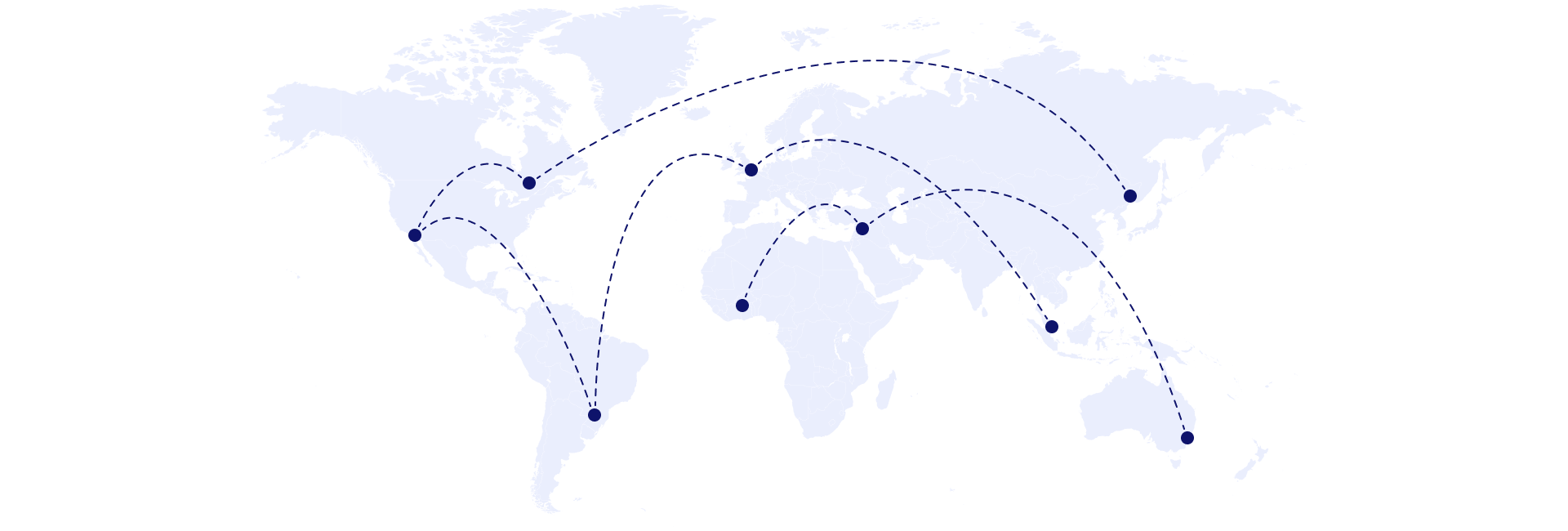
What our customers say about our services
